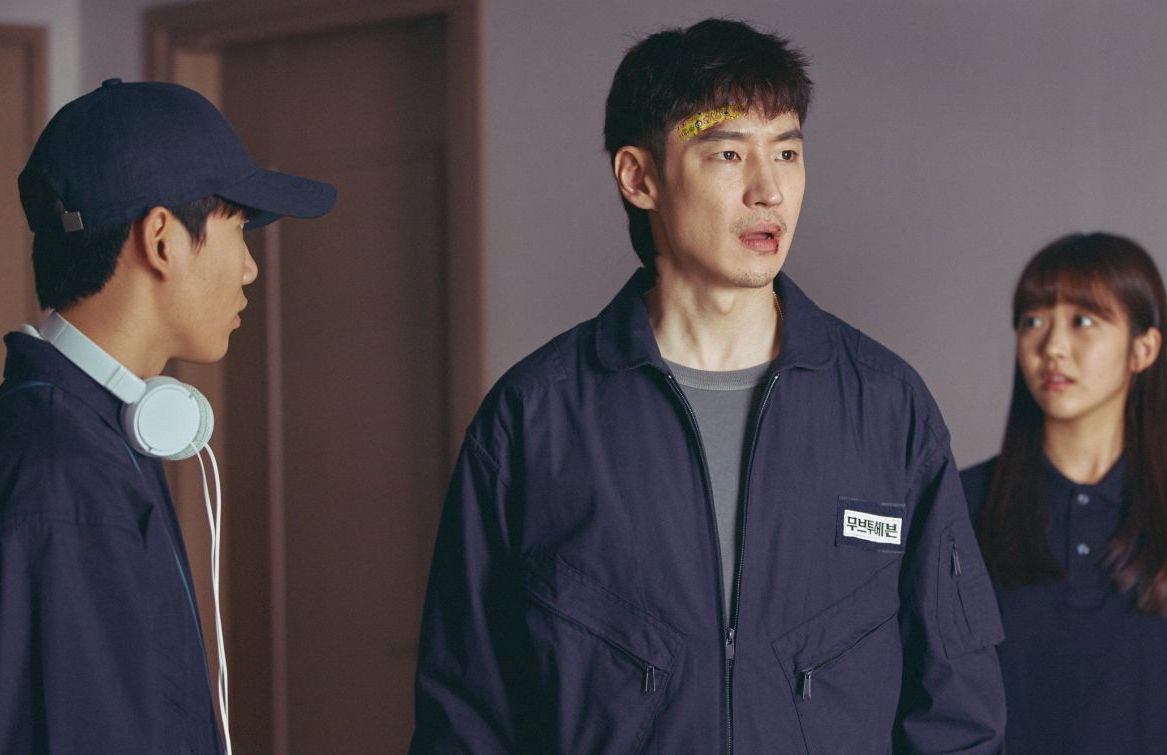The poignant Netflix series has none of the overused tropes of Korean dramas, but all of the heart
If you’re a K-drama aficionado who’s ever tried to get a friend or family member to watch your favourite Korean series, these are probably some of their reasons for resisting: “The plots are totally unrealistic and ridiculous”, “Every K-drama is a romantic fantasy” or “The men are prettier than the women, and no one looks like a normal person”.
Well, we can probably add: “The male and female lead always seem to know each other from childhood”, “There’s always a love triangle” and “The protagonists always have some sort of tragic past or dark secret”, among at least 10 other used-to-death K-drama tropes.
But these familiar plot devices are why K-drama fans love K-dramas, along with how the acting, music, editing, slo-mo gazes and lights in the distance combine to hit that emotional spot, and make you experience feelings you never knew you were capable of.
What if we told you there is a K-drama that does the same thing, yet employs almost none of the cliches that make people roll their eyes at K-dramas? It’s called Move to Heaven, and all 10 episodes premiered on Netflix in May.
Related: 5 Binge-Worthy Korean Dramas to Watch While Staying Home
The protagonist is 20-year-old Han Geu-ru, who has Asperger’s syndrome, and is played by Tang Joon-sang (who was the youngest North Korean soldier in Captain Ri’s unit, for Crash Landing on You fans). Together with his ex-con uncle Sang-gu (Lee Je-hoon), he runs Move to Heaven, a trauma cleaning service.
Together, they clean up the homes or rooms of people who have recently died, respectfully disposing of their possessions while keeping the things that they deem the “heart” of the deceased in a yellow box to pass to their loved ones. Along the way, nephew and uncle get a chance to clean up the mess and trauma in their own lives.
Here’s why Move to Heaven is the perfect show for non-fans of K-dramas.
1. There is zero romance

There are very, very few K-dramas with no romantic relationships. The majority of K-dramas centre on the romance between the two leads (oftentimes with a love triangle or a second couple thrown in), and if you’re lucky, you get some semblance of a plot to move the romance along.
In Move to Heaven, there is no falling in love, and no chaste kissing scenes. It’s all plot and emotional stories, for 10 episodes, as Geu-ru and Sang-gu imagine the lives of the deceased, via the things they’ve left behind. It’s often heartbreaking, but never heart-fluttering. (For the uninitiated, “heart-fluttering” is a term to describe how you feel when the romance in a K-drama makes your heart skip a beat.)
Those who’ve shunned K-dramas as they’re less than fond of romances should give this series a chance. While the lack of heart flutters may put off traditional K-drama fans, there are emotional scenes that require Kleenex in every single episode. We don’t think we can say that even for the best and most heart-warming romantic K-drama.




